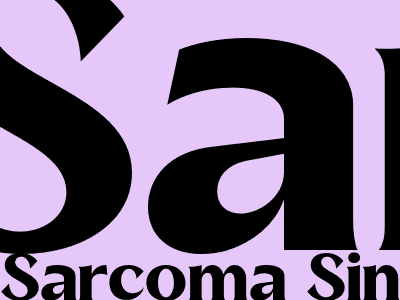Sarcoma Sinovial: An Expansive Guide to Understanding, Diagnosis, and Treatment
What is Sarcoma Sinovial?
Sarcoma sinovial is a rare and aggressive type of cancer that develops in the synovium, the lining of joints. It typically affects younger adults and children, and is more common in males than females. Sarcoma sinovial can occur in any joint, but it is most commonly found in the knee, ankle, foot, and hand.
Symptoms of Sarcoma Sinovial
The most common symptom of sarcoma sinovial is a painless lump or swelling in the affected joint. Other symptoms may include:
- Pain in the affected joint, especially at night or during activity
- Swelling and stiffness in the affected joint
- Loss of range of motion in the affected joint
- Weakness or numbness in the affected limb
Diagnosis of Sarcoma Sinovial
Sarcoma sinovial is diagnosed based on a physical examination, imaging tests, and a biopsy. Imaging tests, such as X-rays, MRI scans, and CT scans, can help to determine the size and location of the tumor. A biopsy is a procedure in which a small sample of tissue is removed from the tumor and examined under a microscope to confirm the diagnosis.
Treatment of Sarcoma Sinovial
The treatment of sarcoma sinovial depends on the stage of the cancer, the location of the tumor, and the patient's overall health. Treatment options may include surgery, chemotherapy, radiation therapy, and targeted therapy. Surgery is the primary treatment for sarcoma sinovial, and the goal is to remove the tumor and as much of the surrounding tissue as possible. Chemotherapy is a type of drug treatment that uses chemicals to kill cancer cells. Radiation therapy uses high-energy X-rays or other forms of radiation to kill cancer cells. Targeted therapy is a type of drug treatment that targets specific molecules or proteins involved in the growth of cancer cells.
Prognosis of Sarcoma Sinovial
The prognosis for sarcoma sinovial depends on the stage of the cancer, the location of the tumor, and the patient's overall health. The overall 5-year survival rate for sarcoma sinovial is about 60%. However, the prognosis can be higher for patients who are diagnosed with early-stage cancer and who receive prompt treatment.
Sarcoma Sinovial Clinical Trials
There are a number of clinical trials currently underway to investigate new treatments for sarcoma sinovial. These trials are designed to evaluate the safety and effectiveness of new drugs, treatments, and approaches. Participation in a clinical trial can give patients access to new treatment options and the opportunity to help advance the development of new treatments for sarcoma sinovial.
Resources for Sarcoma Sinovial Patients
There are a number of resources available to patients with sarcoma sinovial and their families. These resources can provide information about the disease, treatment options, and support services. Some helpful resources include:
- The Sarcoma Foundation of America (SFA)
- The American Cancer Society (ACS)
- The National Cancer Institute (NCI)

Comments